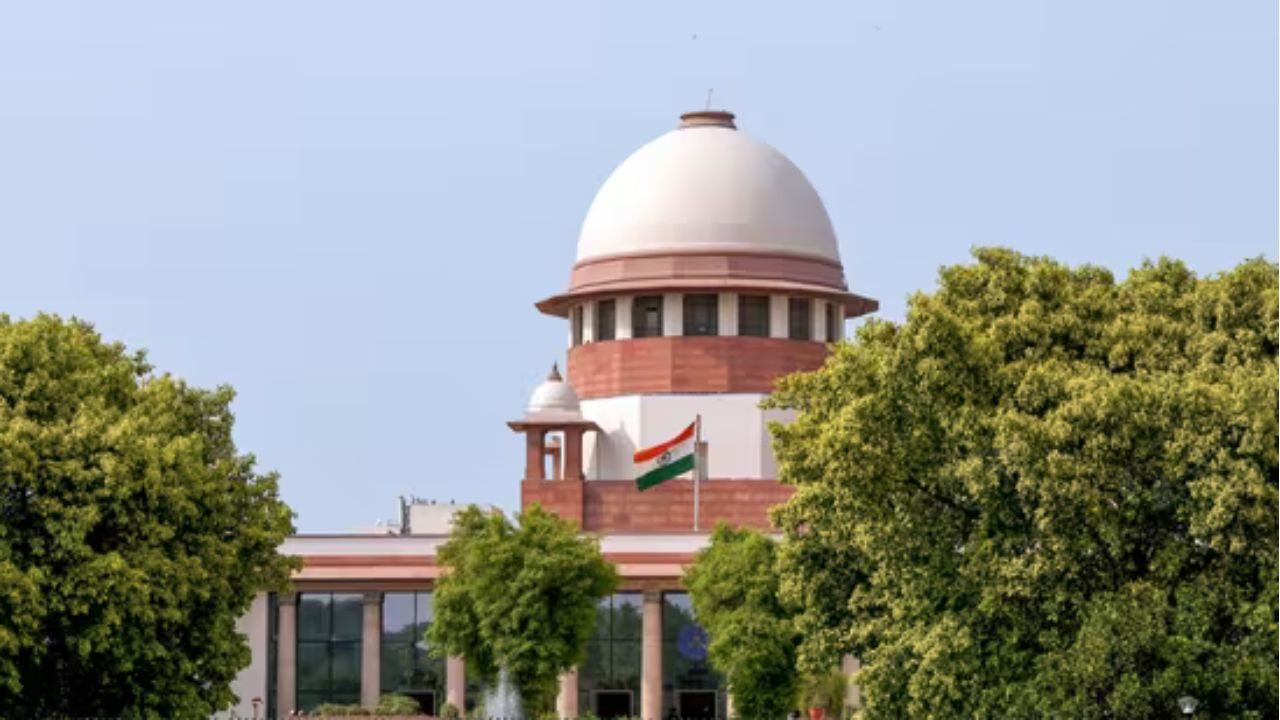 English
English

While hearing the presidential reference on whether the court can order the President or the Governors to take a decision within a stipulated time, the Supreme Court has made it clear that it cannot give unlimited powers to the Governors to hold a bill passed by a democratically elected government indefinitely.

Comedians offer unconditional apology in Supreme Court for mocking people with disabilities
New Delhi: The President of India has filed a 'reference' before the Supreme Court, asking a fundamental question: Can the Supreme Court order the Governor or the President to decide on a bill within a certain time frame, such as 90 days, in a yes or no manner?
The 5-judge constitutional bench hearing this reference, headed by Chief Justice BR Gavai, has made very sharp and clear comments on this matter. The main question of the court is whether an elected government, which has been sent by the people with a majority, can be left at the mercy of the governor's 'discretion' forever? Can a governor keep a bill on hold indefinitely?
The court clearly said that such a stay of bills is neither in the interest of the governor nor in the dignity of the assembly. The Chief Justice stressed that the court cannot give unlimited power to the governors. He wondered why a democratically elected government should have to rely on the decision of a nominated official.
The background behind this is that in April, a smaller bench (2 judges) of the Supreme Court, while hearing the petitions of the Tamil Nadu and Kerala governments, gave an important order. That order said that governors should decide on a bill within 90 days—either approve it or send it to the President, and if they are rejecting it, then they should also give reasons for it.
Now, questioning the same two-judge decision, the president has sent this reference before this larger 5-judge bench. During its hearing, Solicitor General Tushar Mehta argued in favor of the governor.
He said that the governor is not a 'postman' who just approves the decisions of the government. He is a representative of the President, and under Article 200 of the Constitution, he has the right to take a decision at his 'discretion.' He also said that just because the governor is not directly elected does not mean his powers are less.
In essence, this hearing is a clash between two fundamental principles of democracy: on the one hand is the power of the government elected by the people, and on the other hand are the discretionary powers of the governor appointed by the Constitution.
This decision of the Supreme Court will be very important for the future relations between the central and state governments.
No related posts found.